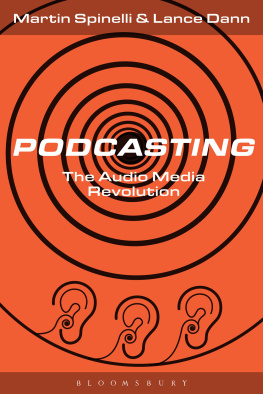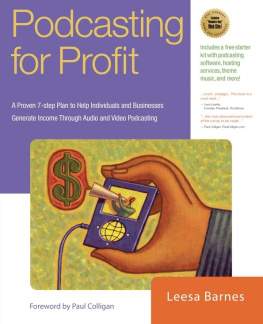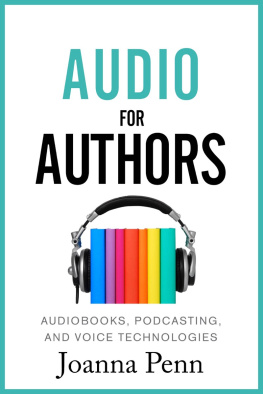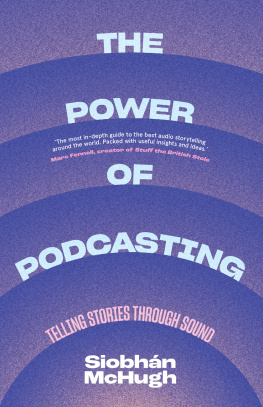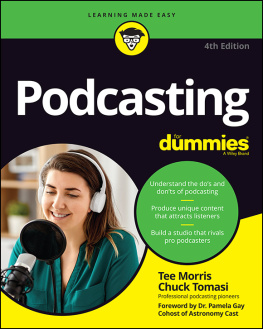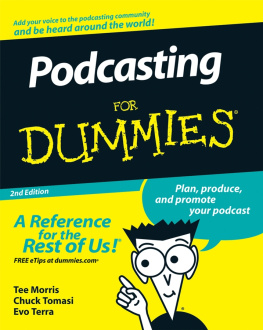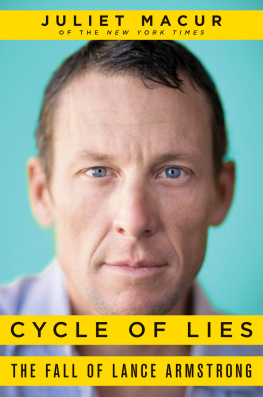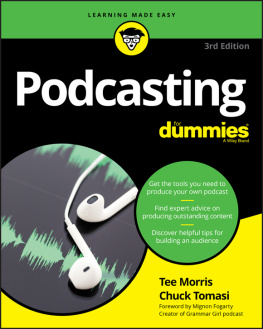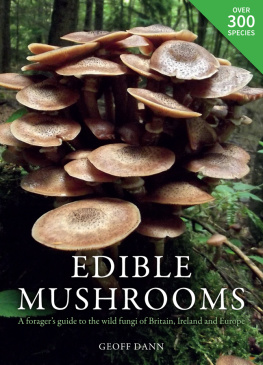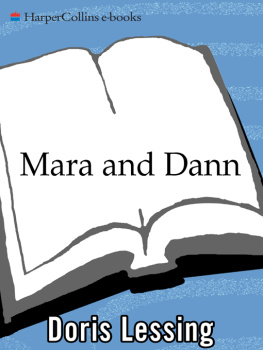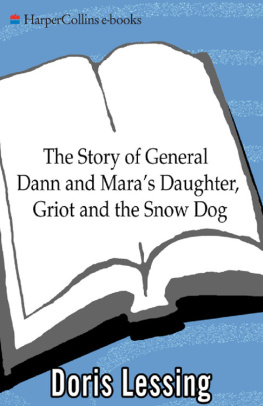Dann Lance - Podcasting the audio media revolution
Here you can read online Dann Lance - Podcasting the audio media revolution full text of the book (entire story) in english for free. Download pdf and epub, get meaning, cover and reviews about this ebook. City: London, year: 2019, publisher: Bloomsbury USA;Bloomsbury Academic, genre: Home and family. Description of the work, (preface) as well as reviews are available. Best literature library LitArk.com created for fans of good reading and offers a wide selection of genres:
Romance novel
Science fiction
Adventure
Detective
Science
History
Home and family
Prose
Art
Politics
Computer
Non-fiction
Religion
Business
Children
Humor
Choose a favorite category and find really read worthwhile books. Enjoy immersion in the world of imagination, feel the emotions of the characters or learn something new for yourself, make an fascinating discovery.
- Book:Podcasting the audio media revolution
- Author:
- Publisher:Bloomsbury USA;Bloomsbury Academic
- Genre:
- Year:2019
- City:London
- Rating:3 / 5
- Favourites:Add to favourites
- Your mark:
- 60
- 1
- 2
- 3
- 4
- 5
Podcasting the audio media revolution: summary, description and annotation
We offer to read an annotation, description, summary or preface (depends on what the author of the book "Podcasting the audio media revolution" wrote himself). If you haven't found the necessary information about the book — write in the comments, we will try to find it.
Podcasting the audio media revolution — read online for free the complete book (whole text) full work
Below is the text of the book, divided by pages. System saving the place of the last page read, allows you to conveniently read the book "Podcasting the audio media revolution" online for free, without having to search again every time where you left off. Put a bookmark, and you can go to the page where you finished reading at any time.
Font size:
Interval:
Bookmark:

Podcasting
For Lio, Lola, and Monty
Podcasting
The Audio Media Revolution
Martin Spinelli and Lance Dann

Contents
Podcasting: The Audio Media Revolution would not have taken the form it did without the work of Research Assistant Joy Stacey. She not only identified essential resources, undertook close listenings of individual podcasts, and managed and conducted the survey of young podcast journalists, but was also extremely useful in helping us frame issues of diversity and sexual identity in podcasting. We also had research assistant help from Ella Gray Thomas and Joe Horton who undertook additional close listenings and booked and conducted interviews.
We are grateful for a British Academy/Leverhulme Research Grant that enabled us to: travel to, conduct, and transcribe many of our interviews; undertake our survey of young podcast journalists; and pay our research staff. The School of Media, Film and Music at the University of Sussex provided research leave to facilitate the writing of this book and was also the hothouse in which many of the arguments, ideas, contentions, and suggestions found in this book were first hashed out with students and colleagues. In particular we would like to thank Michael Bull and David Hendy for giving this book productive nudges when it was in the early outline stage, which helped make what it offers more substantial and useful to both scholars and practitioners. Nicolas Till and Sally Munt gave useful feedback on grant applications for this project, as did Paul Davidson of the University of Sussex Research and Enterprise Office. The School of Media, Film and Music also provided access to recording equipment and facilities for some interview recordings which resulted in more professional material. In addition, the Head of Media, Film and Music Tim Jordan and the Head of Media Practice Adrian Goycoolea were very supportive of this project. We would also like to thank the School of Media at the University of Brighton and particularly Irmi Karl and Helen Kennedy for their support of the work on this book.
Chapter 6, about diversity and youth podcasting, is indebted to the young journalists and producers of Podium.me who offered their valuable time and insights in a survey of their use of podcasts and their approaches to podcast making. While some were happy to be named, all the respondents have been anonymized in accordance with new research guidelines.
Chapter 7 details the production and distribution of the podcast series Blood Culture which was a product of the (often underpaid) efforts of a large group of people. We would like to thank Phil Connolly and David Wigram for developing and writing the project, Marley Cole and Simon James for their sound design (and music), Claire M. Singer for her score, Stephen Cooper and James Morris for their web work, Alan Gilchrist for his patience and humor, Kaye Tilbury and Lizzie Parkinson for their work in the studio, Nick Ware for his executive oversight, Cristina Lo Celso for her fantastic input and energy, and of course all cast and crews who put the show together with us. The University of Brighton awarded us a grant that supported our research into audiences for the Blood Culture podcast, and the Wellcome Trust contributed the funding that made this project possible.
Thanks goes to Ed Baxter and everyone at Resonance 104.4 FM, not only for helping with Blood Culture but for being some of the most inspirational and dedicated people on the UK audio and radio scenes. Honorable mention also should be given to Euan McAleece for his insightful supply of links to web articles.
In addition, we would like to thank: Katie Gallof, for careful and supportive editing at Bloomsbury; Zita Krejzl, for transcribing most of the interviews and proofing the chapters; James Clifton, Jack Jewers and Lee Gooding, for moral support; Gloria Dann, for correcting her sons grammar; and Dawn Dann and Jody De Best, for their patience and emotional support.
Obviously, we are extremely grateful to the highly accomplished and lauded professionals who gave their time and shared their knowledge with us as we were thinking through the sound, relationships, techniques, technologies, forms, and implications of podcasting. Because of their importance, they are listed separately and their interview details are also found in the References, but it would be remiss to omit broad thanks to them here. Their contributions made this book extremely valuable to future generations of audio makers and media thinkers alike. We could not have written this book without them.
While we each made substantial contributions to each of the chapters, Chapters 2, 4, 6, and 8 were originally conceived and driven by Martin Spinelli; Chapters 3, 5, 7, and 9 were originally conceived and driven by Lance Dann. This chapter breakdown is also useful for identifying the first-person passages throughout the book. The Introduction and the Afterword were developed collaboratively.
How do we capture the present moment yet also speak to enduring themes? For if one thing in the media firmament is ripe for such treatment right now, it is surely podcasting.
Its certainly been around long enough to have earned its own history. By which I dont just mean that, two decades or so on, we have the necessary perspective to give cogent shape to its origin story, accurately trace its steps into early adulthood, or precisely locate its place in the contemporary media landscape. I also meanI especially meanthat we can start to reflect properly on the more personal stuffon how podcasting has brought us lives spent listening in new ways and minds captivated by new experiences. As a cultural historian interested in sound, I usually sense that this is the stuff that matters most: what precisely we hear, how what we hear works on our imaginations, how this firing of our imaginations in turn renders intangible but not insignificant shifts in the ways we think and feel and behave. Audio is supposed to be a fleeting, spectral thinggone the very instant its born. But it leaves its traces. Theres something about the act of listening intimately which lets the stories and voices we hear get under our skin. And podcasting certainly deploys such intimacy in striking ways.
Not by accident, of course. As Martin Spinelli and Lance Dann reveal so expertly and eloquently in the pages that follow, podcasting is emphatically an art as well as a business. The question arises then: what kind of art, exactly? Genetic links with the medium of radio are all too obvious. A neatly teleological answer is therefore inviting: we might simply cast podcasting as the latest, predestined stage in radios own mutation. Thankfully, Spinelli and Dann resist this approach. Theyre steeped in the ways of radio; they both bring a rigorous appreciation of the older medium to bear on their latest subject matter. This gives real weight to their analysis. But theyve listened carefully to enough podcasts, talked to enough of the people involved, got enough hands-on experience of making the things, and have thought sufficiently deeply about the wider new media environment, to ensure they always transcend their own personal comfort zones. They hear afresh and without prejudice.
What emerges from this immersive engagement is always fascinating and often hugely provocative, since the implications are truly wide-ranging. Turning their attentive ears and their critical gazes toward their chosen target, Spinelli and Dann uncover new approaches to speaking, to reportage, to engaging listeners, to telling stories. The breakout podcast Serial , for example, offers a kind of New New Journalism. Other series re-structure classical narrative arcs, disrupt conventional genre boundaries, and threaten the market dominance of established media behemoths. To think of podcasting only in relation to radio, they suggestto measure it only according to radio values and styles and then list its various virtues or deficiencies accordinglyis to fail to hear it for what it really is. New medium or not, it is certainly something emphatically starting to take on a life of its own which, naturally, brings its own dangers. At some stageperhaps all too soon, they warn usstasis will set in, a certain formulaic style will take hold, and the current creative ferment will ebb slowly away.
Font size:
Interval:
Bookmark:
Similar books «Podcasting the audio media revolution»
Look at similar books to Podcasting the audio media revolution. We have selected literature similar in name and meaning in the hope of providing readers with more options to find new, interesting, not yet read works.
Discussion, reviews of the book Podcasting the audio media revolution and just readers' own opinions. Leave your comments, write what you think about the work, its meaning or the main characters. Specify what exactly you liked and what you didn't like, and why you think so.

